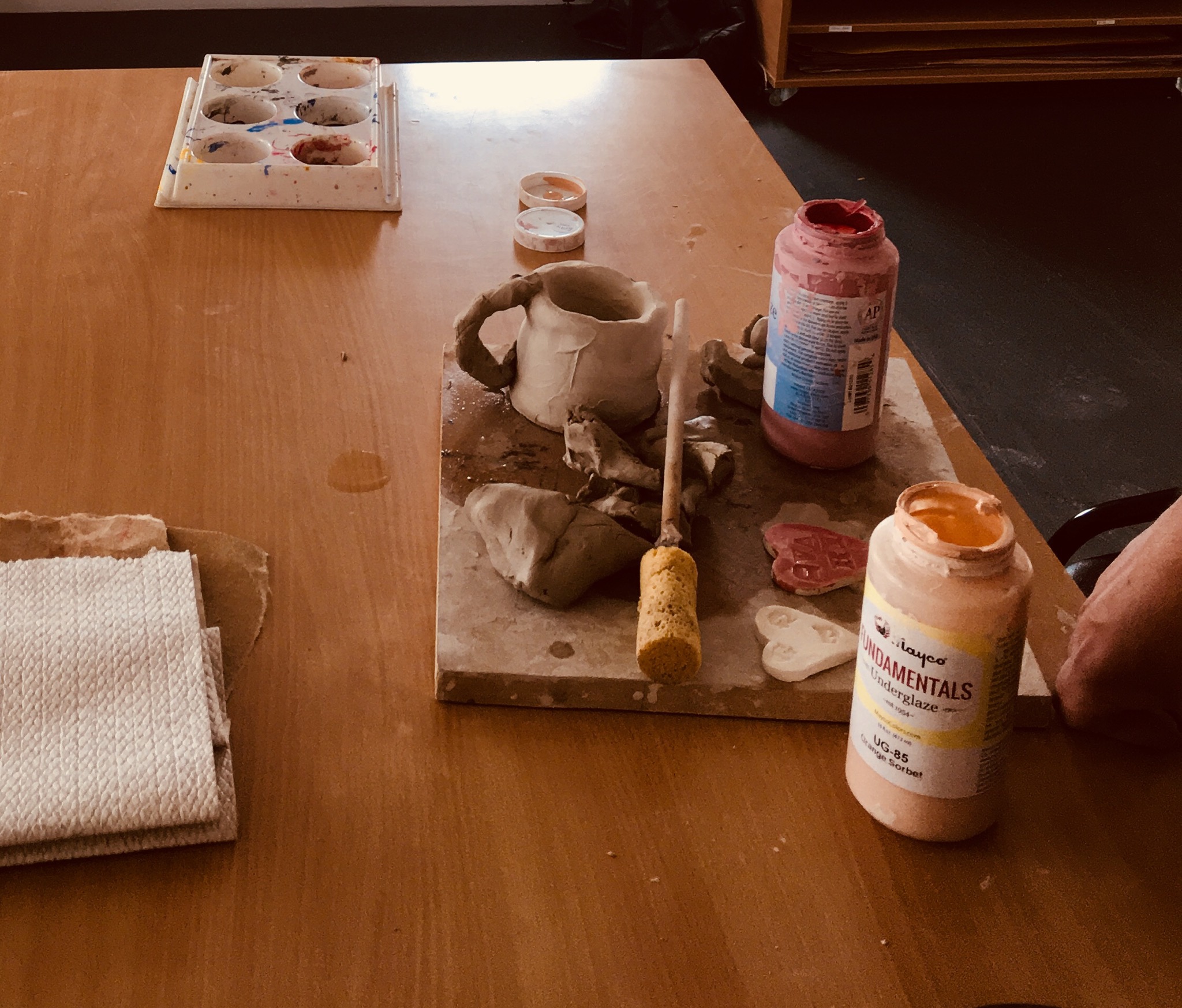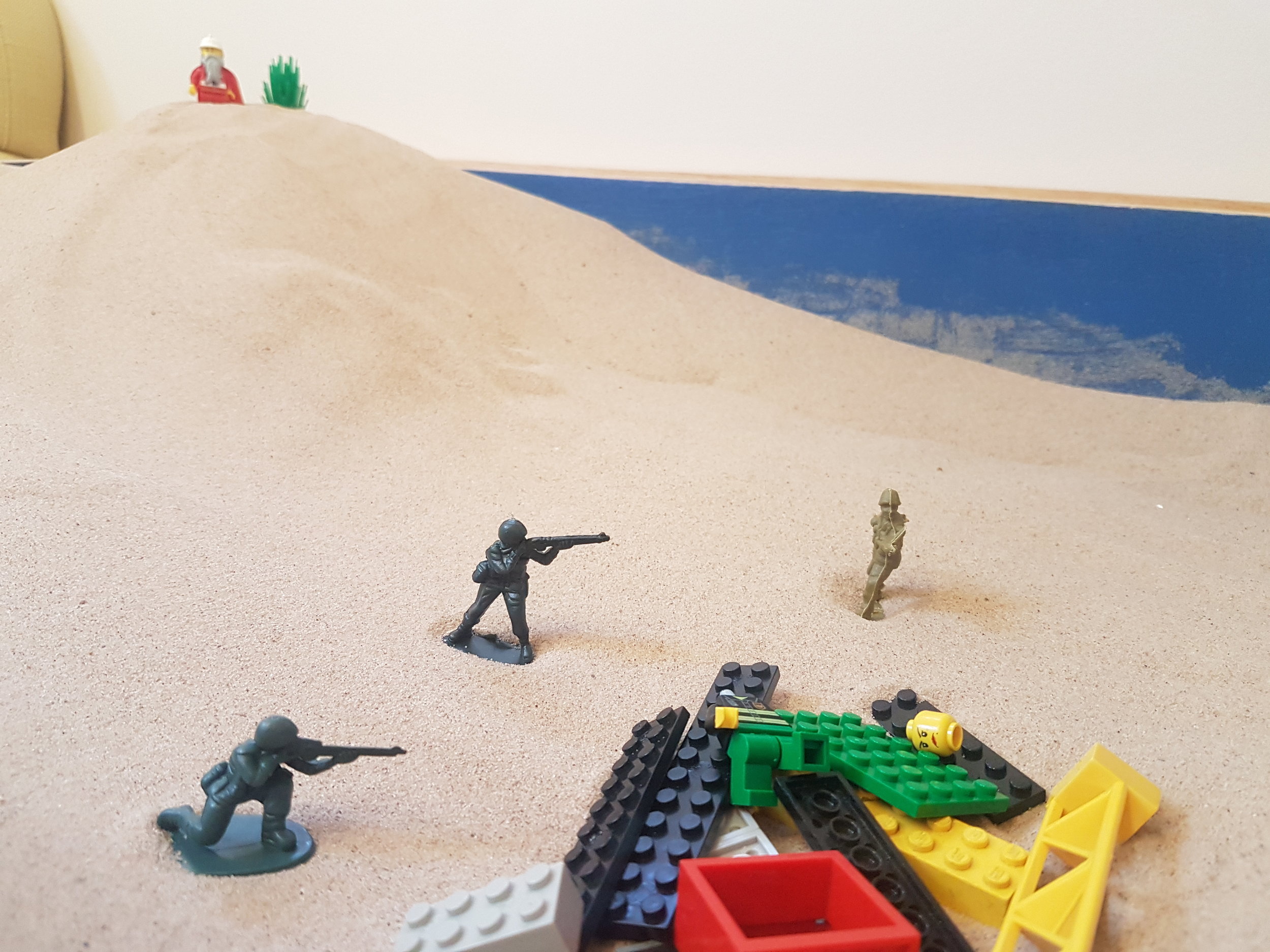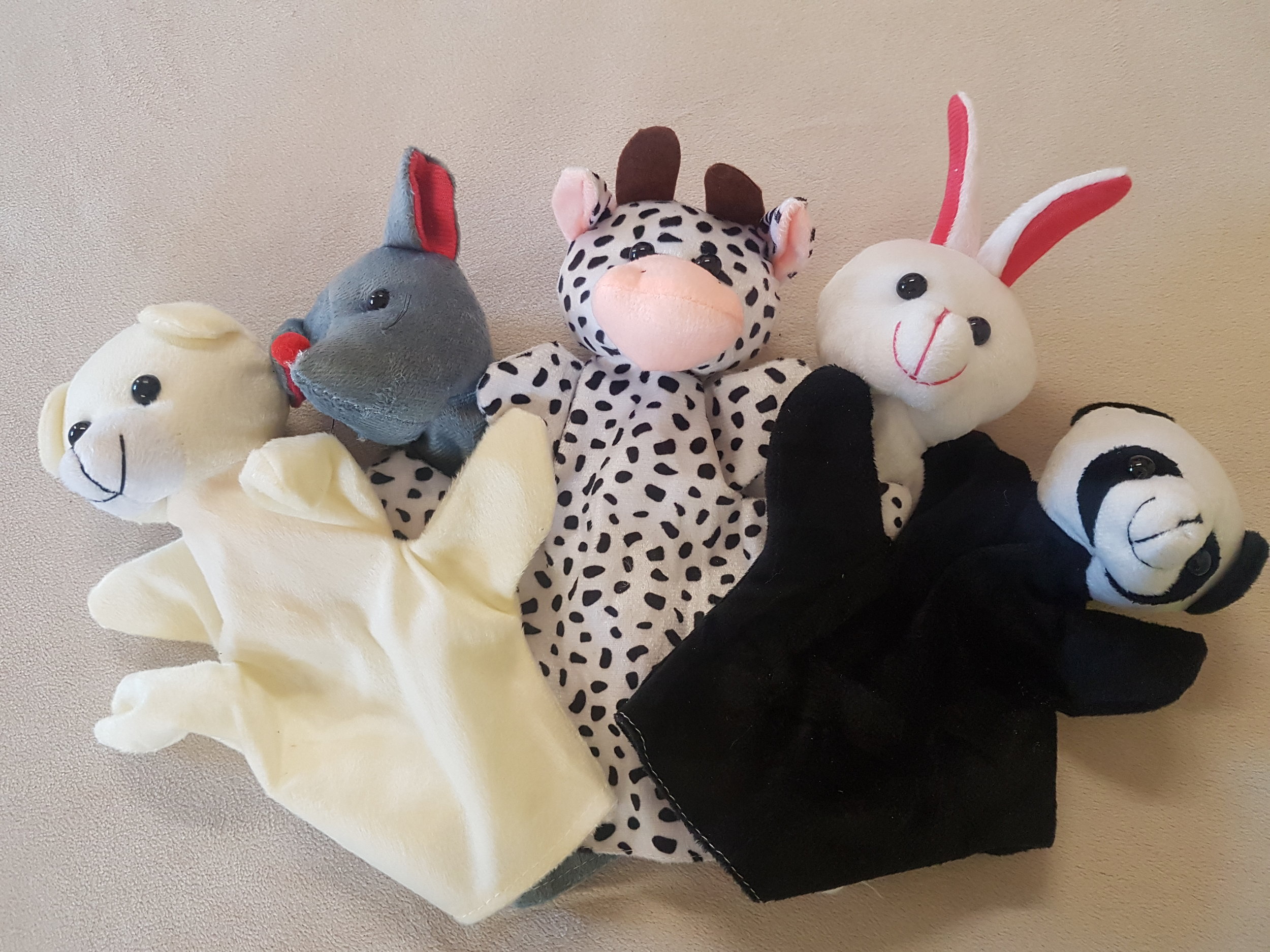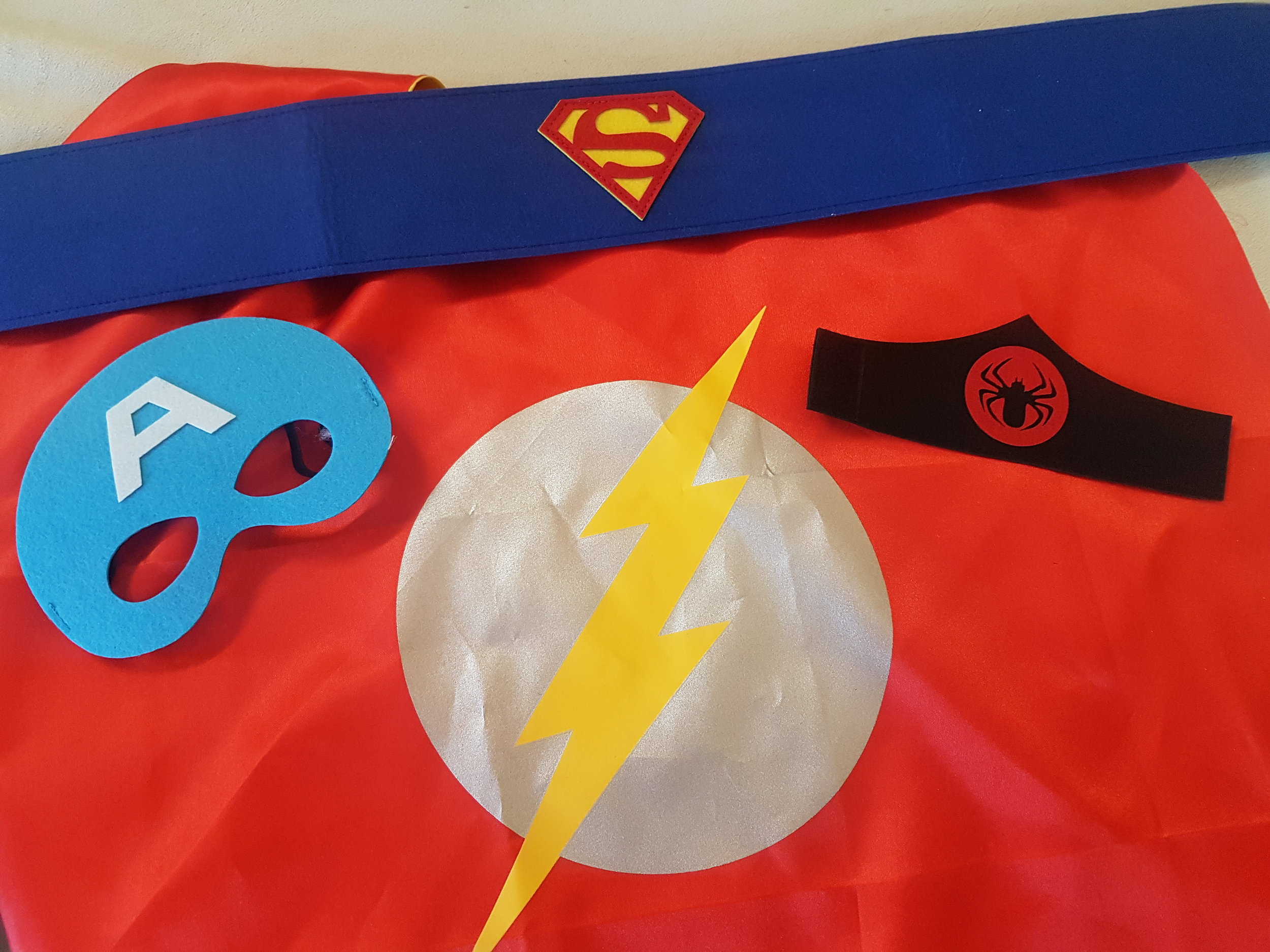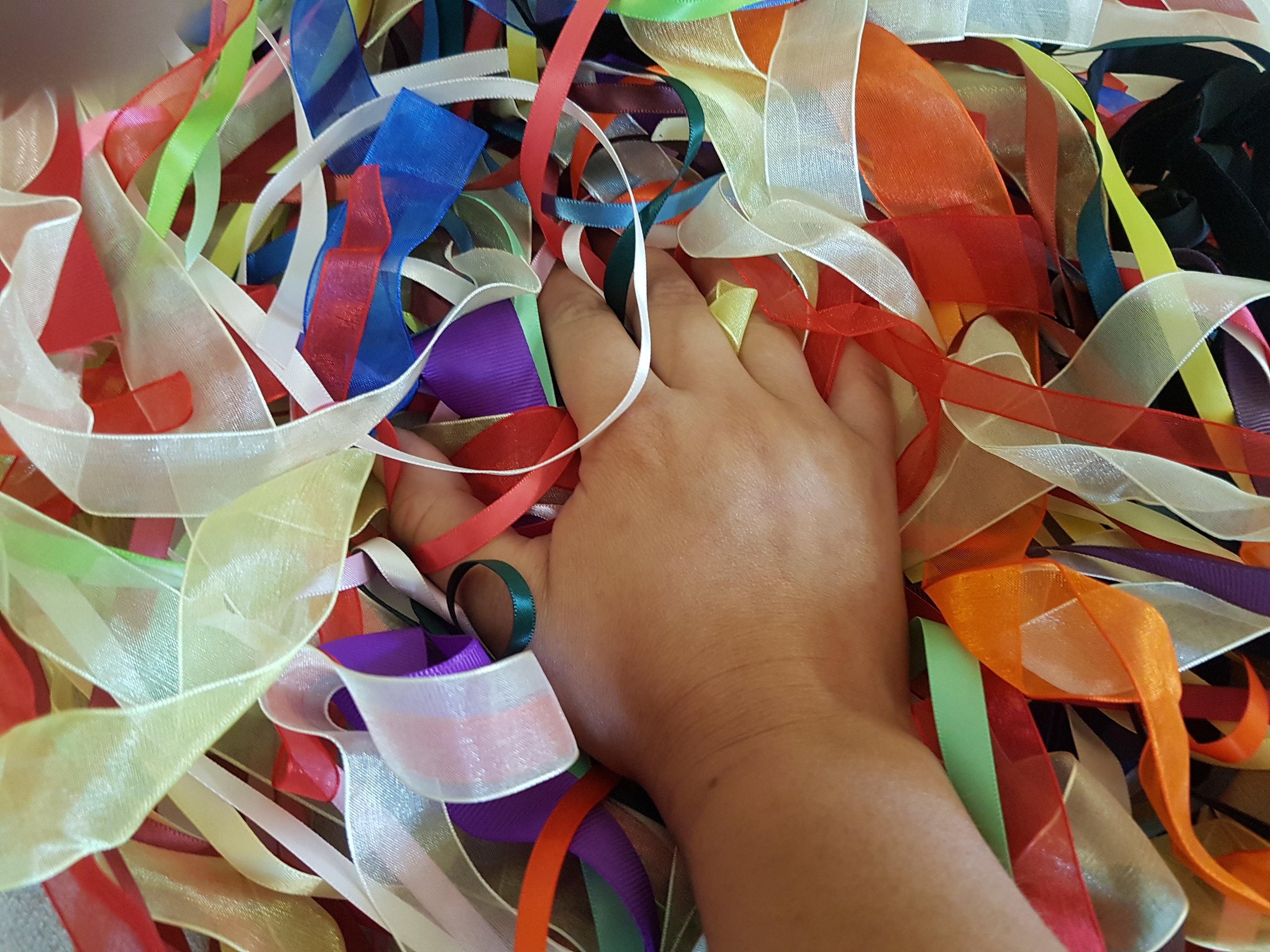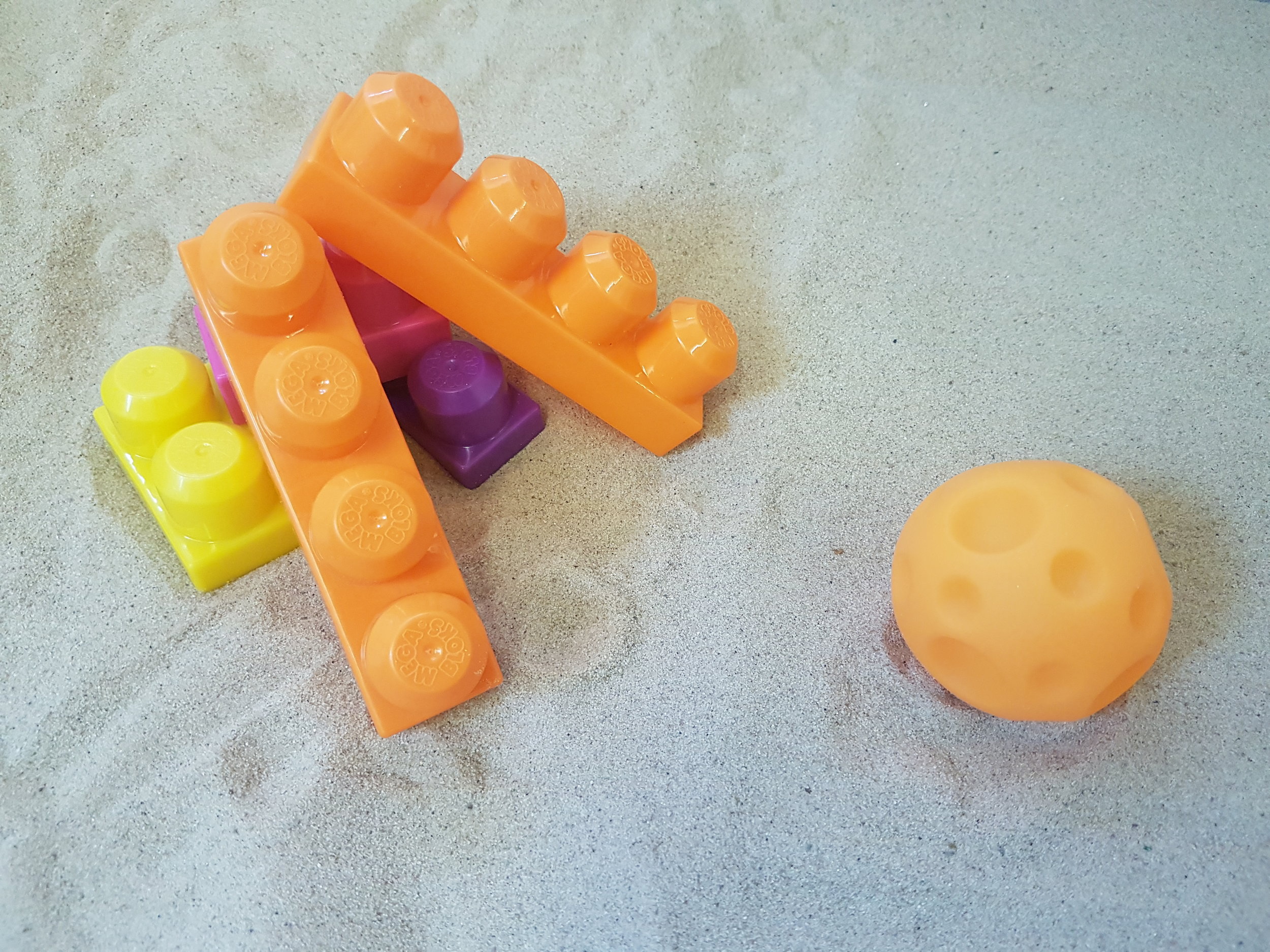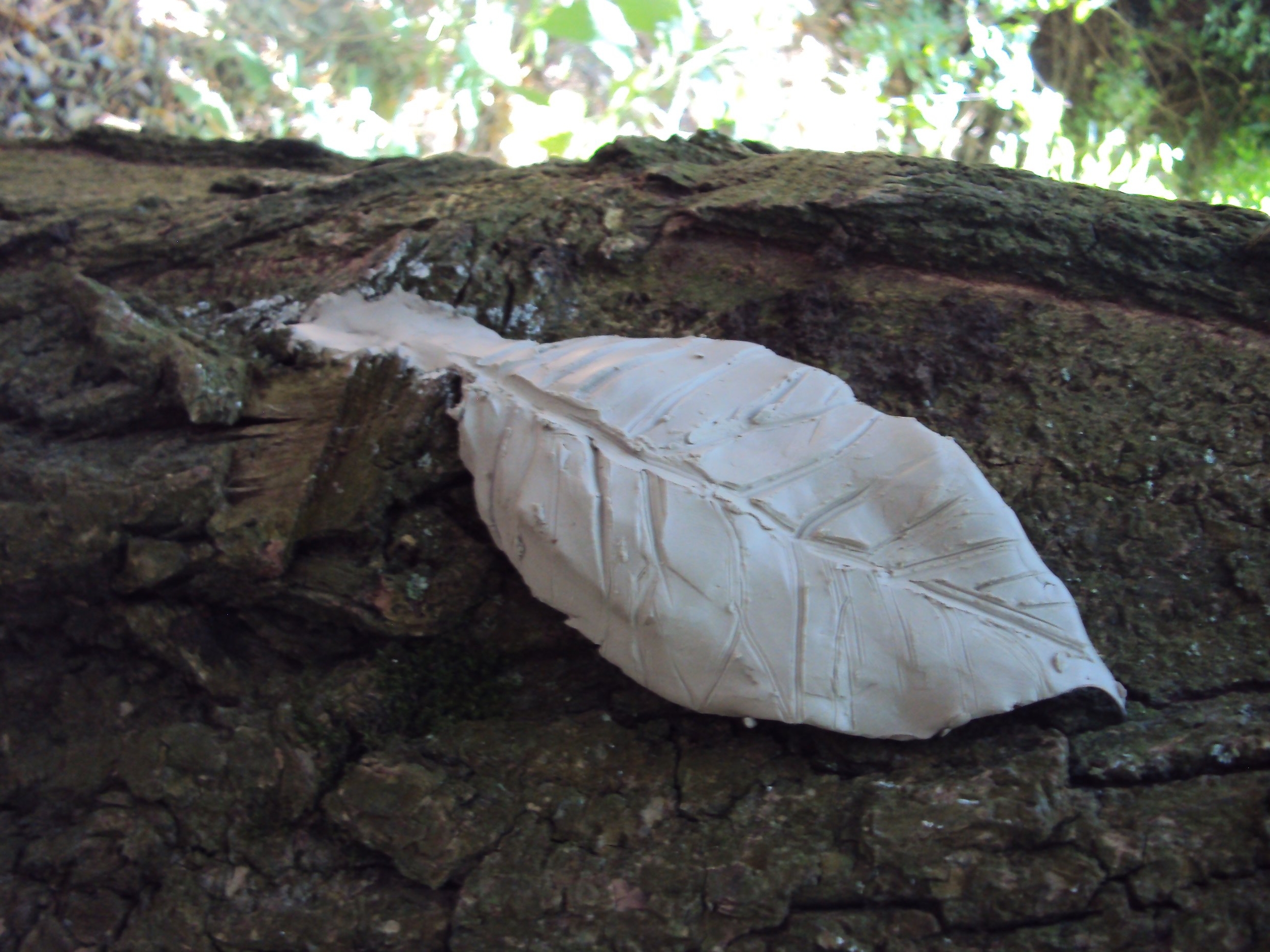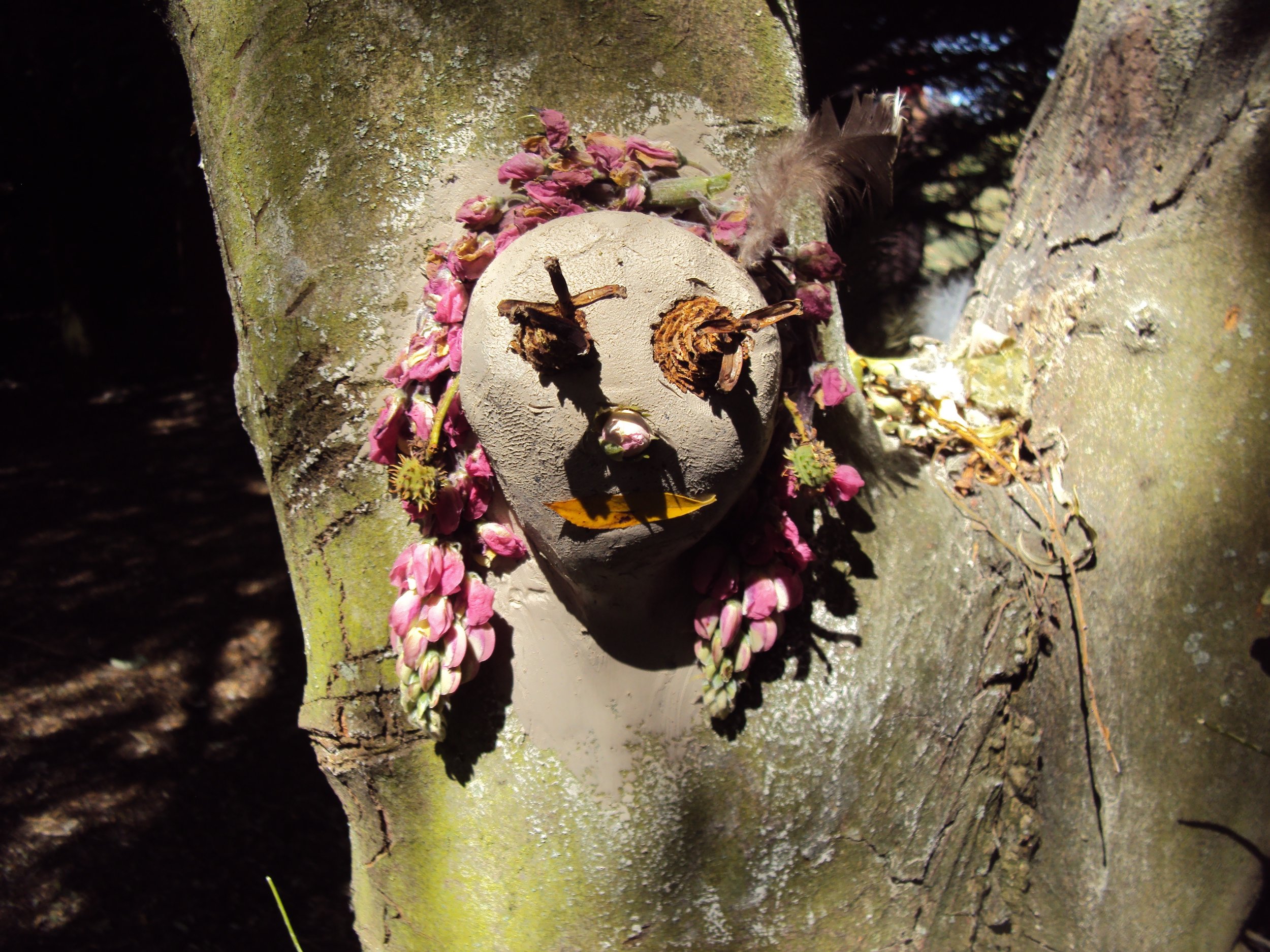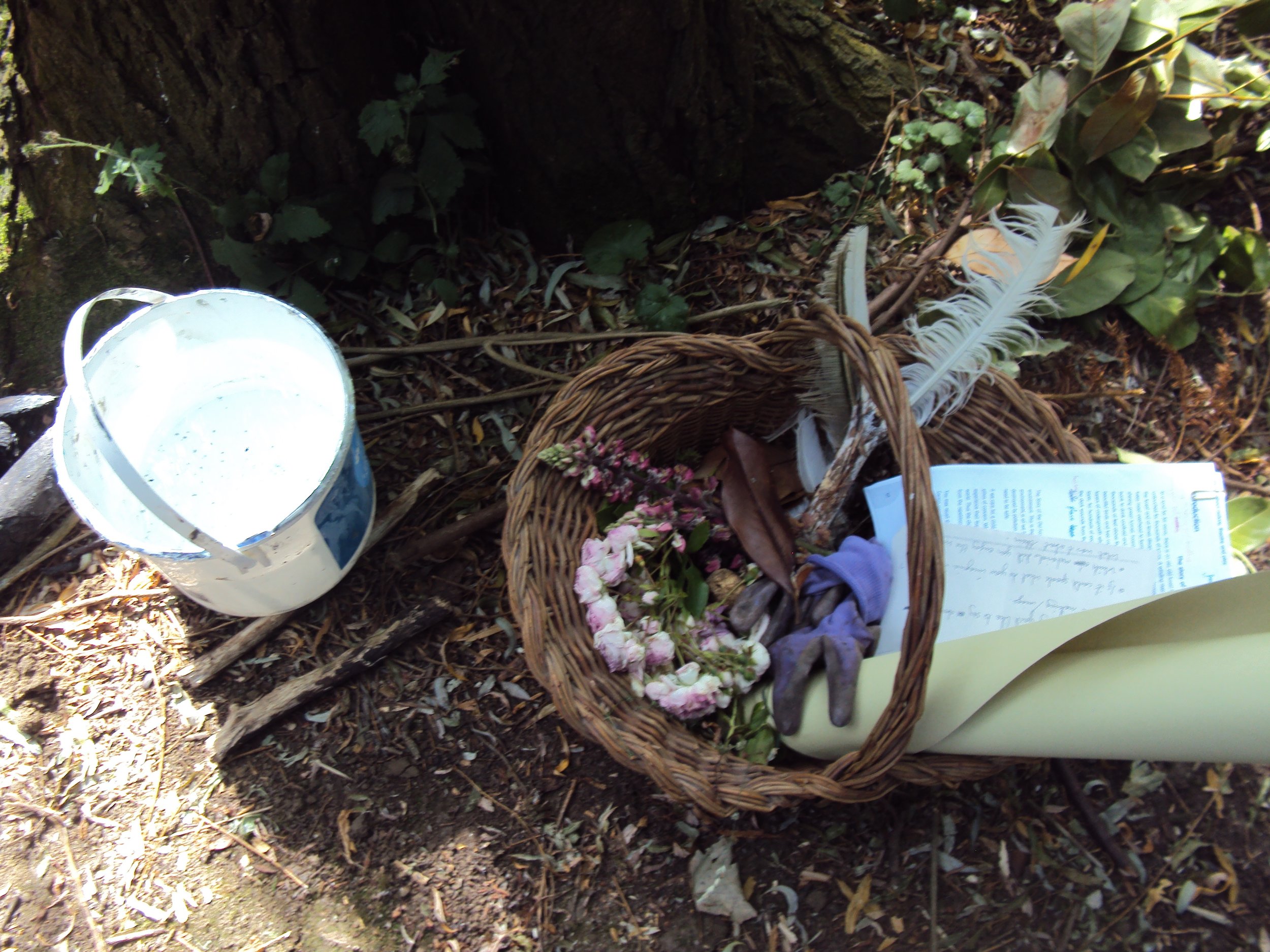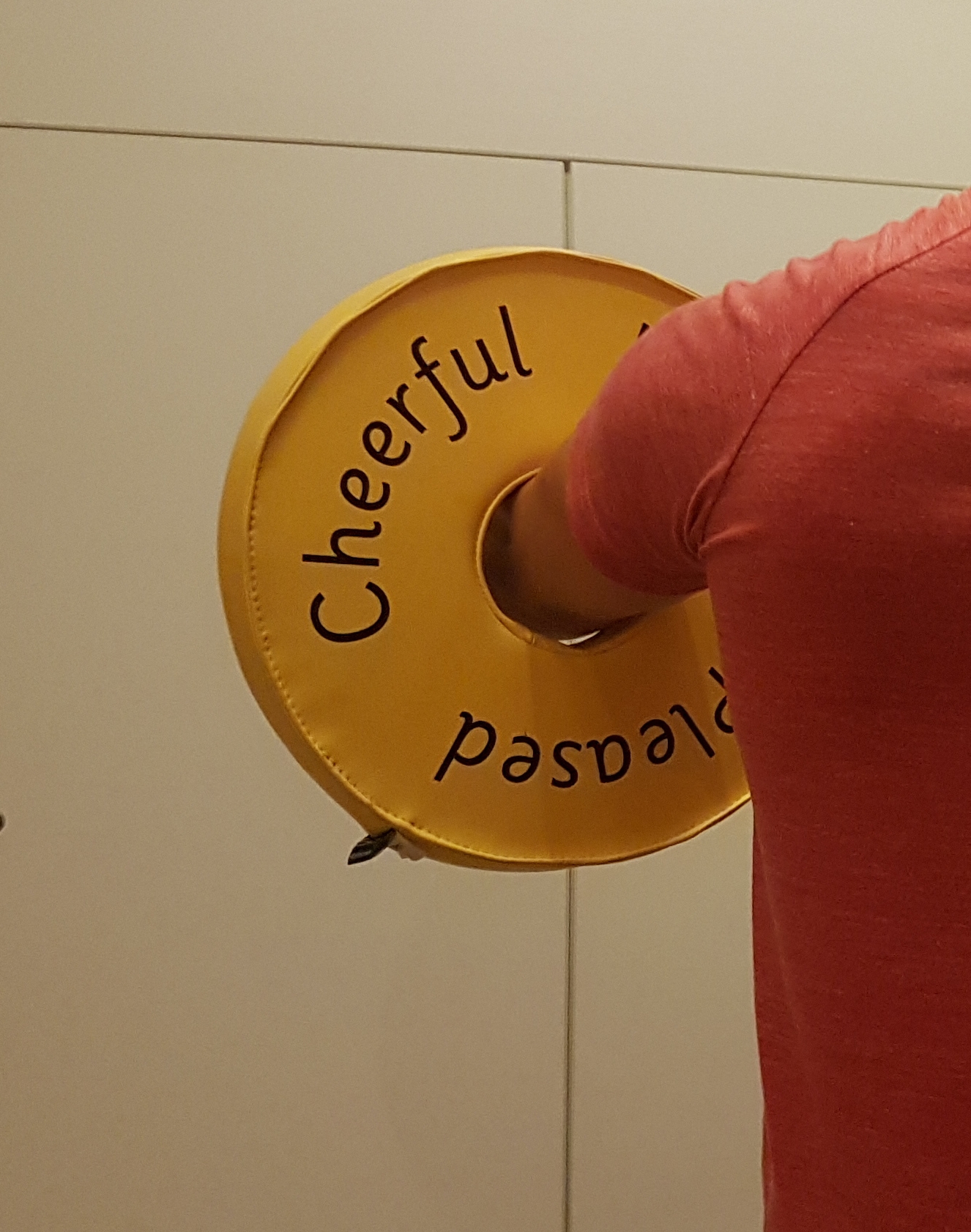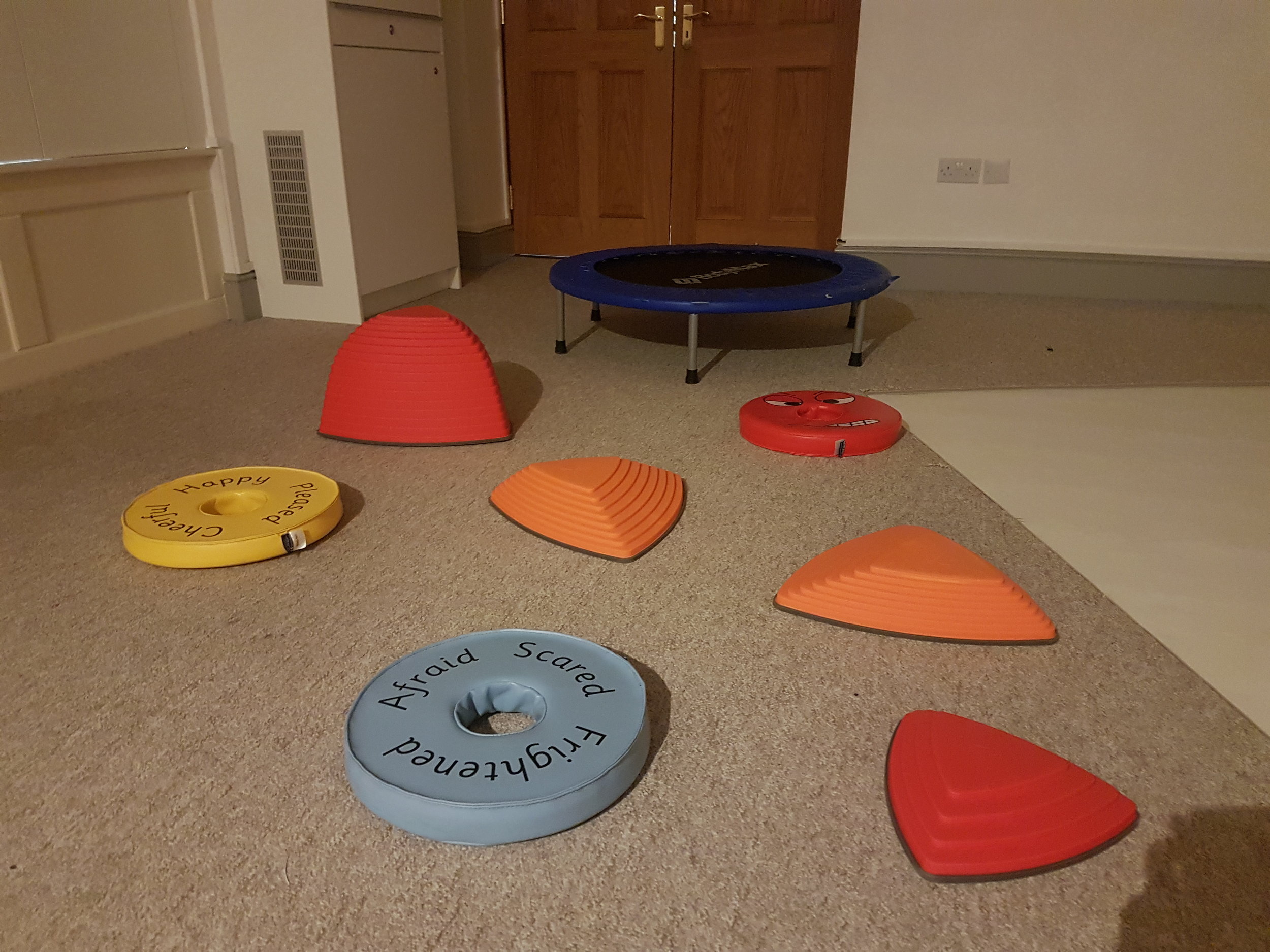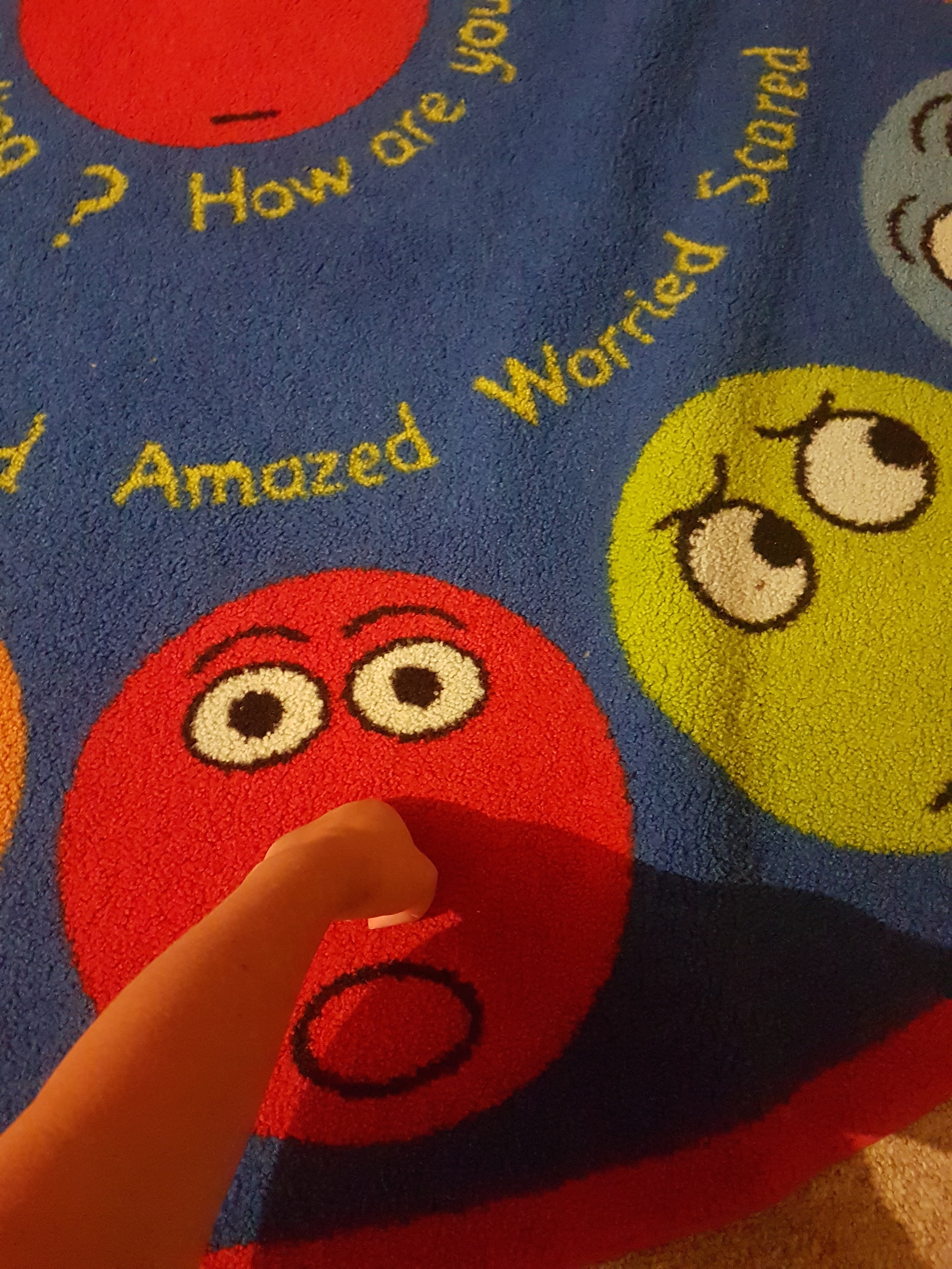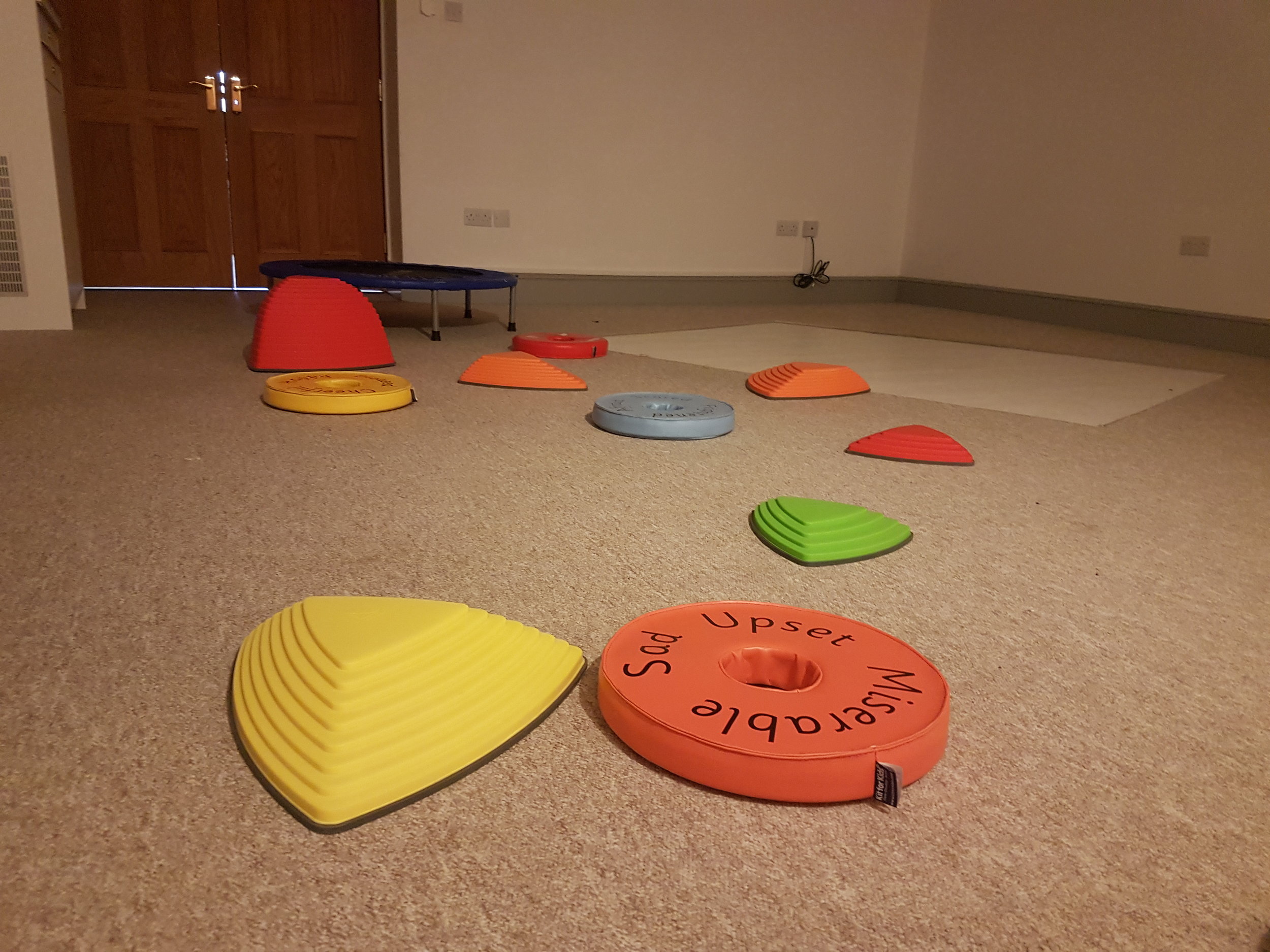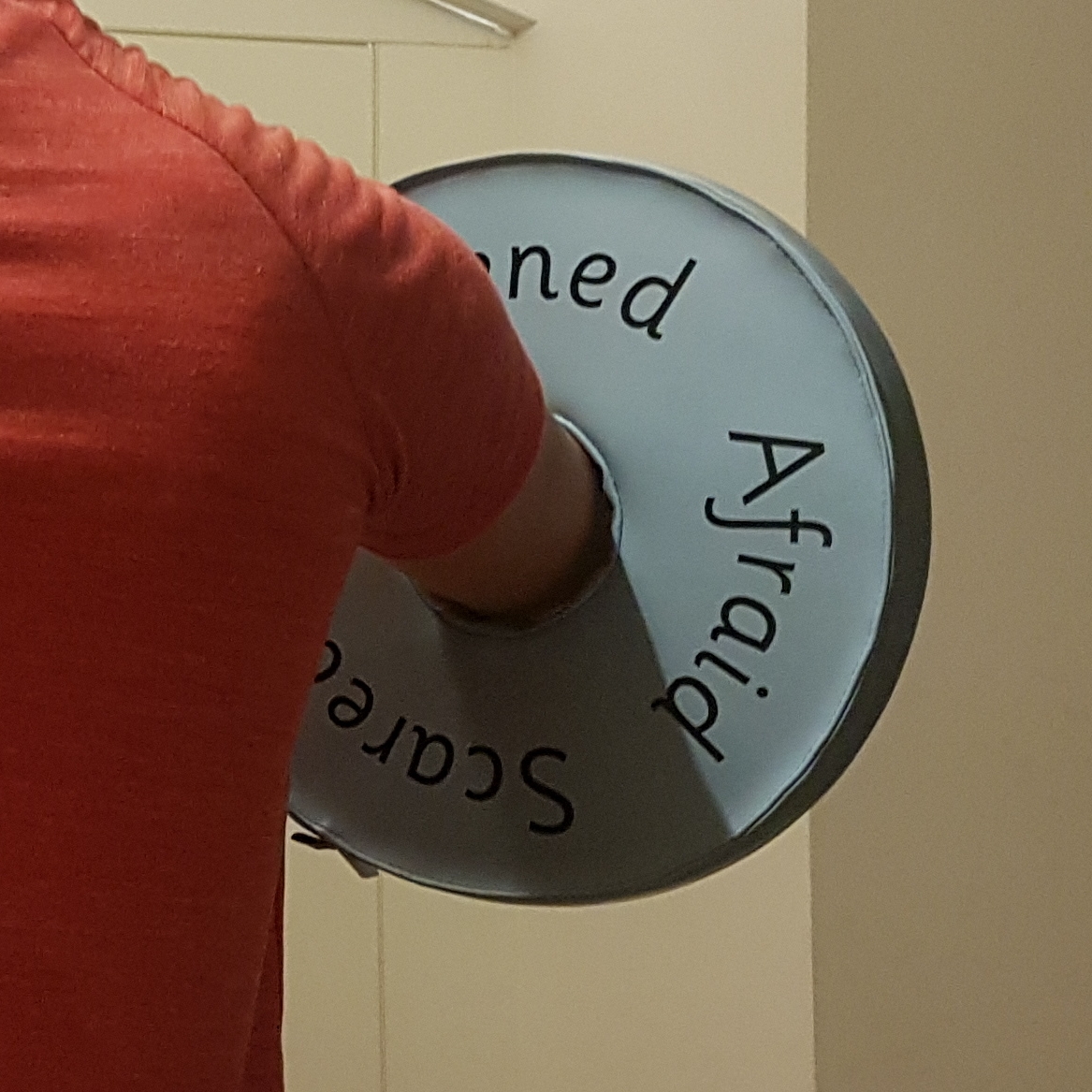Creative Therapies at Wilds lodge
Our diverse dynamic creative therapies team put our young people at the heart of what we do. Creative therapies can be really helpful as they offer different and unique ways of expressing feelings and emotions that can be hard for young people to understand or explain.
Creative therapies have been found to help to improve communication skills, increase awareness, and build confidence and resilience. The great thing about creative therapies is that our boys do not need to be good at art, dance and drama nor do they need to be experts with animals; creativity is offered to find new ways to explore and talk about what is on their mind.
“The school’s therapeutic provision supports pupils’ personal development and learning well. ”
2019 Winners!
Tes Independent School Award for Creativity.
What do we offer?
Our team provides one to one sessions for pupils in the school who need extra emotional support.
Students can be referred to the therapy department by any adult parent/ carer/ staff member. Or students can request sessions themselves. Typically children will be allowed time to settle into the school before sessions are offered.
The team holds a weekly referral meeting where careful consideration is given to the interests and presenting issues of the child alongside the individual disciplines and expertise of the therapist to help find how best to support the child's/young person’s needs.
Our students are initially offered four sessions to experience therapy and what it could offer them before being supported in the decision of whether they would like attend regular sessions.
Therapy is then provided on a weekly basis for 50 minutes (1 lesson) sometimes this is shorter for younger pupils. Sessions are held on the same day and time every week, this will have been negotiated with the young person and class teacher to ensure it is an appropriate time to be out of the classroom.
Therapy sessions are reviewed every 12 weeks where the voice of the child is encouraged and supported by the therapist to ensure the therapy being offered is affective.
We are able to offer long term therapy, most of our students attend sessions for 1-2 years.
Not all of our students wish to access individual therapy. Therefore, our therapists run lunchtime creative clubs as an alternative therapeutic activity to connect with those who might otherwise miss out on the benefits derived from therapy. Our students who already attend individual therapy are also welcome in these groups, our team aims to make therapy accessible and inclusive to all our pupils.
Therapy in the School
The therapy team are a part of the school community, and work alongside the staff on therapeutic practice with the children including pupil focus groups and staff training on topics such as, trauma, bereavement and self harm.
Our therapists are involved in the wider school ethos and work with students and staff on committees such as Student Voice/Council, Music/Arts festival, Eco committee, Values Based Education, Rights Respecting/Trauma informed schools, SEN committee, Self Harm, Enterprise project, Forest schools and sports teams but to name a few.
Before the commencement of therapy all children/young people will be made aware of our policy relating to confidentiality. Therapists are obliged to break this confidence if: a child or young person appears at risk including expressing a serious intention to harm themselves. The therapist will always explain the reasons for disclosure to the young person and if possible seek their agreement. All information will then be shared with the person specially appointed by the school to deal with such matters (Safeguarding Team).
Please feel free to contact a member of the team if you have any questions or would like to discuss anything with the Counsellor or Psychotherapist working with your child. We can be reached through the main Wilds Lodge office number.
Creative Therapists
A creative therapist is a person who has been trained to help people explore their feelings and how they might be affected by these in their everyday lives. They will take time to build a trusting relationship and do their best to understand the World from the Child’s point of view. All our therapists are state registered, accredited and fully qualified.
The Team
Mandy Neilson - Art Psychotherapist
Mandy is a qualified Art Psychotherapist registered with the Health and Care Professions Council (HCPC) and a member of British Association of Art Therapists (BAAT).
Mandy feels passionately about the therapeutic effects of art making and being creative to facilitate expression and positive wellbeing. She has a particular interest in clay and its malleable properties which can be effective in conveying deep emotion.
Mandy has trained with Gender Intelligence on Working with Gender Variant People in Therapy. This has become a special interest of Mandy's and she is now working towards becoming an accredited Gender and Sexual Diversities therapist. Mandy has also received training in:
Parent & Child Dyadic Art Psychotherapy - British association for Art Therapists
Children's Accelerated Trauma Treatment (PTSD) - Luna Children's Charity.
Prior to her time here at Wilds Lodge, Mandy worked as a Therapy lead in a children's charity in London. She has also worked in both mainstream and SEN education, with families in a fostering and adoption agency and for a charity supporting families affected by domestic violence.
Jade Tebbutt - Therapeutic Play Practitioner
Jade is a qualified Therapeutic Play Practitioner trained with APAC (The Academy of Play and Child psychotherapy).
Jade is on the accredited registered with PTUK (Play Therapy UK).
Jade Has worked at with us here a Wilds Lodge since 2015 and has developed positive therapeutic relationship with many of our students.
Jade is pleased to have the opportunity to be able to bring Therapeutic play to our therapy team at Wilds Lodge school.
Therapeutic play integrates the therapeutic use of a wide range of creative arts media and the Play Therapy Tool-Kit; working with unconscious as well as conscious processes; using non-directive techniques. Play is a method that allows the child to help themselves, Play is a child’s natural medium of self-expression, it is essential for a child’s development and gives the child the opportunity to ‘Play out’ their feelings and emotions with a therapeutic objective and safe space of the playroom.
“Toys are Children’s words and play is their language.”
Maeve Ryan - Music Therapist
Maeve is a qualified Music Therapist, state registered with the Health and Care Professions Council (HCPC). She is also a member of the British Association for Music Therapy (BAMT). Since qualifying in 2008, Maeve has gained experience in mainstream and special education setting, neurological rehabilitation, and until recently, she was the lead therapist at a Children's Hospice.
Music Therapy is based on the belief that all humans are innately musical, and as such, we can all respond to and appreciate music, despite disability, illness or personal issues we might face.Music Therapy encourages children and young people to think about their feelings through creative music making and the evolving therapeutic relationship. This can involve using improvised music, song writing, shared music listening and composing to reflect on personal issues and offer greater insight into any difficulties a student may have. Maeve is passionate about the role music can play in unlocking potential, promoting wellbeing and enriching the lives of the individuals she works with.Maeve has completed further training in humanistic and psychodynamic counselling at Goldsmiths University and has presented her work at various music therapy conferences. Maeve was shortlisted for the Towergate 'Therapist of the Year' award in 2017.
Tracey Dean - Animal Assisted Therapist
Tracey has been supporting adults, children and families since she qualified as an Integrative Counsellor in 2006 and gained extensive experience working in a variety of settings including Youth Counselling services, Schools, Local Authority, NHS, Alcohol services, and criminal justice.
Tracey believes passionately in the healing benefits of cultivating a deeper connection with animals and nature.
This passion led Tracey to the Trust Technique® - a unique and pioneering approach to the human/animal connection in 2016, and is a qualified practitioner.
The Trust Technique® takes a mindful approach to the human/animal connection. The method is motivated by a peaceful state of being that promotes cooperation through kindness and compassion, and the theory that deepening the connection between people and animals has the power to transform the lives of both.
For children and adults who experience difficulties understanding other peoples feelings or their own, it can feel easier and safer to interact with animals as they are non verbal and non-judgmental.
Animals have an uncanny ability to know exactly what a person needs, teaching us about congruence, empathy and living in the moment. They can move through a layer into the child or adults subconscious world, which can allow access to a level of communication and connection that may not be found through more traditional talking based methods.
Equines in particular, are reactionary animals and have a range of emotions that create powerful honest and immediate feedback. Tracey believes that when we regard this feedback within the therapeutic relationship, we recognise and value the true role animal intelligence plays in helping individuals to learn, grow and heal.
Tracey is a member of the British Association of Counselling and Psychotherapy https://www.bacp.co.uk/ and a Registered Trust Technique Practitioner https://trust-technique.com/. Tracey has recently completed further professional development training in embodied relational therapy through https://erthworks.co.uk and is a certified Wild Therapist.
“They learn the importance of respecting people who are different from them.”
Helpful Links
NSPCC - The leading children's charity fighting to end child abuse in the UK and Channel Islands.
Childline - A wealth of information and resources for all things child related.
Mental Health - About all things related to mental health and well-being.
Adoption Plus - Information about adopting and therapeutic support for those already adopting.
Family Futures - Again, support for families with adopted children, and offering therapeutic support.




